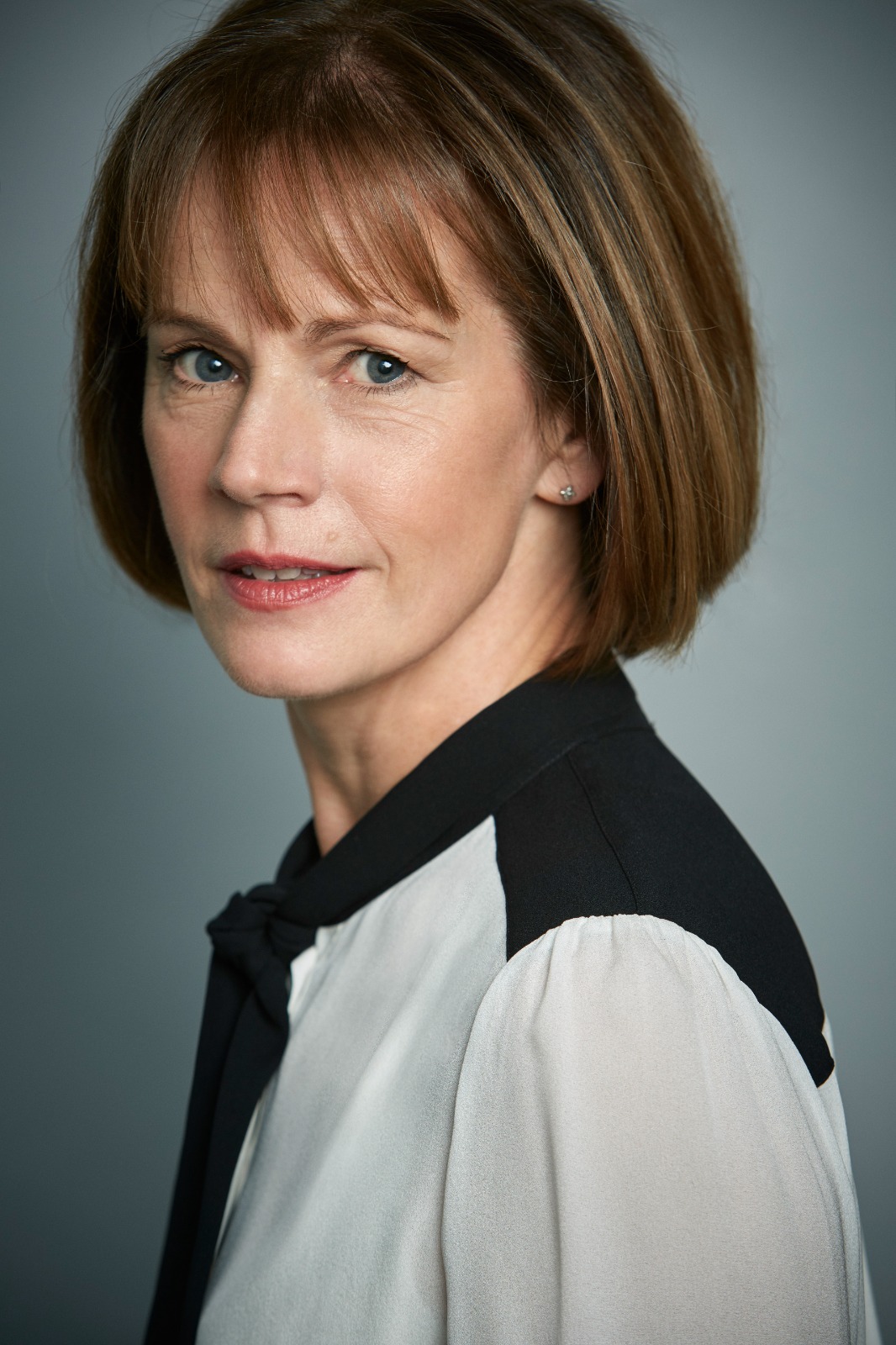London, (Parliament Politics Magazine)- While it is undoubtedly easier to picture her at the races than at the theatre, Queen Elizabeth II had a genuine and lifelong interest in the arts. A 1946 Arts Council annual report included a photograph of the then Princess Elizabeth at a concert in Kings Lynn with her mother and paternal grandmother and, over the ensuing 76 years, she opened, re-opened and attended countless galleries, museums and theatres. She saw no fewer than 35 Royal Variety Performances. The first, in 1953, included the Tiller Girls and Vera Lynn at the London Palladium; the last, in 2012, was at the Albert Hall. She was patron over many decades of arts organisations around the country: orchestras, brass bands and choirs as well as institutions like the National, the Royal Shakespeare Company and the Royal Opera House, where (as a member of The Royal Ballet) I was fortunate enough to meet her.
Many of those visits were formal occasions on which she performed her own role and dressed in costumes and jewellery rivalling those we wore on the stage. After curtain down, she would come backstage to meet the cast and (before mobile phones) we would hope that the official photographers caught our moment of regal handshake and preserved it for posterity.
Away from the formal schedules, she was a fan of musical theatre and attended performances for sheer pleasure, including unofficial visits to Billy Elliott to celebrate her 80th birthday in 2006 and to War Horse, in 2009. I recall one such private visit, when HRH Princess Margaret, The Royal Ballet’s longstanding President, returned for a second showing of one particular ballet – because she wanted her sister to see it, too.
Like all sovereigns, the Queen attracted musical tributes throughout her life. Edward Elgar composed Nursery Suite for the four-year-old Princess in 1931, while Arnold Bax marked her 21st birthday with Morning Song (and wrote for her wedding). Nine composers wrote ten new works for her coronation, including William Walton’s Orb and Sceptre, played alongside a March he had composed for her father’s coronation. On stage, Benjamin Britten offered Gloriana, while the choreographer Frederick Ashton paid tribute with Homage to the Queen – a ballet I danced some 40 years later. And art marked the final milestone of her life, with a beautiful new composition from James MacMillan included at her funeral.
But surely no sovereign before her has inspired such an array of fictional representations in literature, on stage and onscreen – and perhaps this is as good a measure as any of the changing times over which she reigned. When she ascended the throne, the Lord Chamberlain could refuse a licence to a play that might offend, a power that would remain in place until 1968. While one wonders what the 1950s censor would have made of some of the more recent material, the creative imaginations of writers from Sue Townsend to Peter Morgan and Alan Bennett (and the remarkable performances of artists like Helen Mirren and Judi Dench) have given us a different kind of legacy through which to reflect on her life.
Many commentators have noted the Queen’s own skill as a performer, reminiscing about her two-handers with James Bond (at the 2012 London Olympics) and, more recently, Paddington Bear. In the Lords, Baroness McIntosh of Hudnall suggested that her sense of performance ran far deeper, describing her as ‘one of the great performers of our age’. The Queen, she said, ‘knew that convincing performance is never about faking or pretending; it is about embodying truth’. ‘As with all great performers’, she added, ‘natural ability was combined with meticulous preparation and unremitting hard work’.
Perhaps the most repeated observation since her death concerns the Queen’s commitment to duty. Witnessing her summon the strength to perform her last constitutional duty in the twilight hours of her long life, I was reminded of that great theatrical adage: the show must go on. It came to mind again, later in the week, as the Council of Accession met and the proclamation of the new King rang out. Two defining moments of continuity in change.
It may seem too trite an observation for such a solemn occasion, but to those of us who have lived our lives in the theatre, it is something of a creed: a commitment not just to the work we perform but to the people for whom we perform it. Our Queen was the living embodiment of that commitment, with the same dual devotion – to her constitutional duty and to her people – defining her life.
The curtain falls, the curtain rises. Rest in peace, Ma’am, and long live the King.
—————————————-
The Baroness Bull CBE is a Cross Bench Peer who joined the House of Lords in 2018. As Deborah Bull, she danced with The Royal Ballet for twenty years before becoming Creative Director, the Royal Opera House. Over the decade from 2012, she worked at King’s College London, most recently as Vice President, Communities & National Engagement. She has written and presented a wide range of work for television and radio, including the award winning The Dancer’s Body, and is the author of four books. She has served on the Boards of South Bank Centre, Arts Council England, the Arts & Humanities Research Council, as a Governor of the BBC and as a judge for the 2010 Booker Prize. She has received honorary doctorates from Derby University, Sheffield Hallam University, the Open University, Kent University and Lincoln University and was awarded a CBE for her contribution to the arts in 1998.

